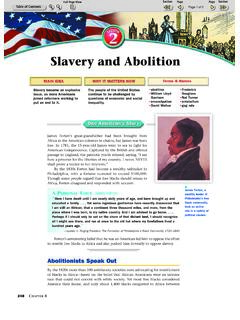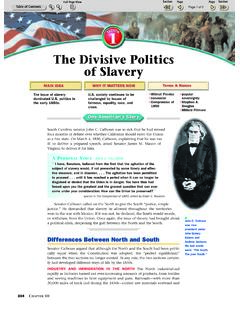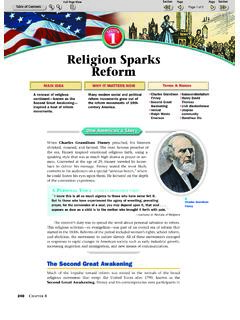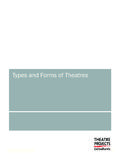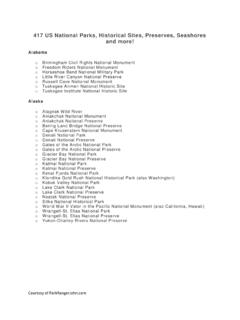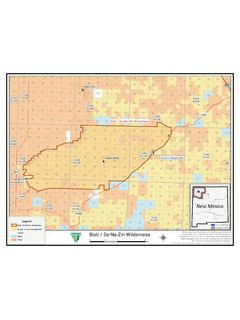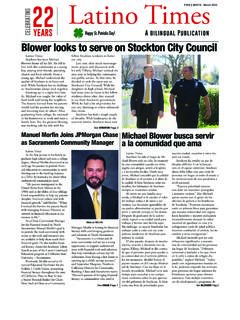Transcription of GLOSSARY - Caggia Social Studies
1 PRONUNCIATION KEYS ymbolExamplesSymbolExamplesSymbolExample sBat, gasmman, seemvvan, saveAape, daynnight, mittenwweb, twice father, barnngsing, angeryyard, lawyer rfair, dareJodd, notzzoo, reasonbbell, tableIopen, road, growzhtreasure, garagechchin, lunch awful, bought, horseEawake, even, pencil,ddig, boredoicoin, boypilot, focusDegg, tenMlook, fullErperform, letterCevil, see, mealLroot, glue, throughffall, laugh, phraseouout, cowSounds in Foreign Wordsggold, bigppig, capKHGermanich, auch;hhit, inhalerrose, starScottishlochhwwhite, everywheressit, faceNFrenchentre, bon, finGinch, fitshshe, mash Frenchfeu, coeur;Fidle, my, triedttap, hoppedGermansch n rdear, hereththing, with Frenchutile, rue;jjar, gem, badgeththen, otherGermangr nkkeep, cat, luckOup, nutlload, rattle rfur, earn, bird, wormSTRESS MARKSPThis mark indicates that the preceding syllable receives the primary stress.
2 For example, in the word lineage,the first syllable is stressed: [lGnPC-Gj].QThis mark is used only in words in which more than one syllable is stressed. It indicates that the preceding syllable is stressed, but somewhat more weakly than the syllable receiving the primary stress. In the word consumerism,for example, the second syllable receives the primary stress, and the fourth syllable receives a weaker stress: [kEn-sLPmE-rGzQEm].Adapted from The American Heritage Dictionar y of the English Language, Fourth Edition;Copyright 2000 by Houghton Mifflin Company. Used with the permission of Houghton Mifflin GLOSSARY is an alphabetical listing of many of the key terms from the chapters, along with their meanings.
3 The definitions listed in the GLOSSARY arethe ones that apply to the way the words are used in this textbook. The Glossarygives the part of speech of each word. The following abbreviations are used: to end slaver y. (p. 249)Adams-On s[BdPEmz-I-nCsP] 1819 agreement inwhich Spain gave over control of the territor y of Florida to theUnited States. (p. 221)Adena[E-dCPnE] Mound Builder society that was centered inthe Ohio River valley and flourished from about 700 to (p. 7)affirmative[E-f rPmE-tGv] policy that seeks to correctthe effects of past discrimination by favoring the groups whowere previously disadvantaged.
4 (pp. 929, 1037)Agent toxic leaf-killing chemical sprayed by in Vietnam to expose Vietcong hideouts. (p. 945)Agricultural Adjustment Act (AAA) law enacted in 1933to raise crop prices by paying farmers to leave a certain amountof their land unplanted, thus lowering production. (p. 697)AIDS[Adz] (acquired immune deficiency syndrome) disease caused by a virus that weakens the immune system,making the body prone to infections and other wise rare forms ofcancer. (p. 1046)z13aspe-EMGlos 10/17/02 9:44 AM Page R53 BAlamo, the[BlPE-mIQ] mission and fort in San Antonio, Texas,where Mexican forces massacred rebellious Texans in 1836.
5 (p. 291)Alien and Sedition[APlC-En] [sG-dGshPEn] series of fourlaws enacted in 1798 to reduce the political power of recent immi-grants to the United States. (p. 195)Alliance[E-lFPEns] for foreign-aid program of the 1960s, providing economic and technical assistance to LatinAmerican countries. (p. 886)Allies[BlPFz] World War I, the group of nations originally consisting of Great Britain, France, and Russia and later joined by the United States, Italy, and others that opposed the CentralPowers (p. 579). World War II, the group of nations including Great Britain, the Soviet Union, and the United States that opposed the Axis powers.
6 (p. 760)American Expeditionary[DkQspG-dGshPE-nDrPC] Force (AEF) forces, led by General John Pershing, who fought with theAllies in Europe during World War I. (p. 590)American Federation of Labor (AFL) alliance of trade andcraft unions, formed in 1886. (p. 451)American Indian Movement (AIM) frequently militant organization that was formed in 1968 to work for Native Americanrights. (p. 977)Americanization[E-mDrQG-kE-nG-zAPshE n] program designed to help immigrants assimilate toAmerican culture. (p. 469)American pre-Civil War set of measures designed to unify the nation and strengthen its economy by means of protective tariffs, a national bank, and such internal improvementsas the development of a transportation system.
7 (p. 216)Anaconda[BnQE-kJnPdE] three-part strategy by which theUnion proposed to defeat the Confederacy in the Civil War. (p. 341)anarchist[BnPEr-kGst] person who opposes all forms of government. (p. 619)Anasazi[ QnE-s PzC] Native American group that lived on themesa tops, cliff sides, and canyon bottoms of the Four Cornersregion (where the present-day states of Arizona, New mexico ,Colorado, and Utah meet) from about to 1300. (p. 7)annex[E-nDksP] incorporate a territor y into an existing politicalunit, such as a state or a nation. (p. 292)antebellum[BnQtC-bDlPEm] to the period before theCivil War.
8 (p. 252)Antifederalist[BnQtC-fDdPEr-E-lGst] opponent of a strong central government. (p. 146)appeasement[E-pCzPmEnt] granting of concessions to a hostile power in order to keep the peace. (p. 744)Appomattox[BpQE-mBtPEks] Court nearAppomatox, Virginia, where Lee surrendered to Grant on April 9,1865, thus ending the Civil War. (37 N 79 W) (p. 356)apprentice[E-prDnPtGs] worker learning a trade or craft, usuallyunder the super vision of a master. (p. 260) method of settling disputes in which both sides sub-mit their differences to a mutually approved judge. (p. 451)armistice[ rPmG-stGs] truce, or agreement to end an armedconflict.
9 (pp. 205, 593)Army of the Republic of Vietnam (ARVN) southernVietnamese soldiers with whom troops fought against com-munism and forces in the North during the Vietnam War. (p. 943)Articles of Confederation[kEn-fDdQE-rAPshEn] document,adopted by the Second Continental Congress in 1777 and finallyapproved by the states in 1781, that outlined the form of government of the new United States. (p. 135)Ashcan group of early 20th-centur y American artistswho often painted realistic pictures of city life such as tene-ments and homeless people thus earning them their name. (p. 501)assimilation[E-sGmQE-lAPshEn] minority group s adoption of thebeliefs and way of life of the dominant culture.
10 (p. 412)Atlantic 1941 declaration of principles in which theUnited States and Great Britain set forth their goals in opposingthe Axis powers. (p. 760)Axis[BkPsGs] group of nations including Germany,Italy, and Japan that opposed the Allies in World War II. (p. 757)Aztec[BzPtDkQ] Native American people that settled in the Valleyof mexico in the 1200s later developed a power fulempire. (p. 6)baby sharp increase in the birthrate followingWorld War II. (p. 849)Bank of the United of the two national banks,funded by the federal government and private investors, estab-lished by Congress, the first in 1791 and the second in 1816.
